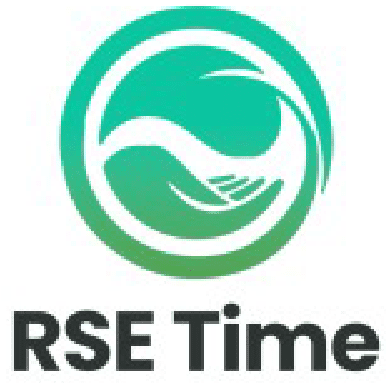Welcome to the SDG Awards, a distinguished recognition program honoring the remarkable contributions of individuals, organizations, and initiatives in championing the United Nations’ 17 Sustainable Development Goals (SDGs).

Global Collaboration: Enhances international partnerships by connecting professionals and organizations worldwide.